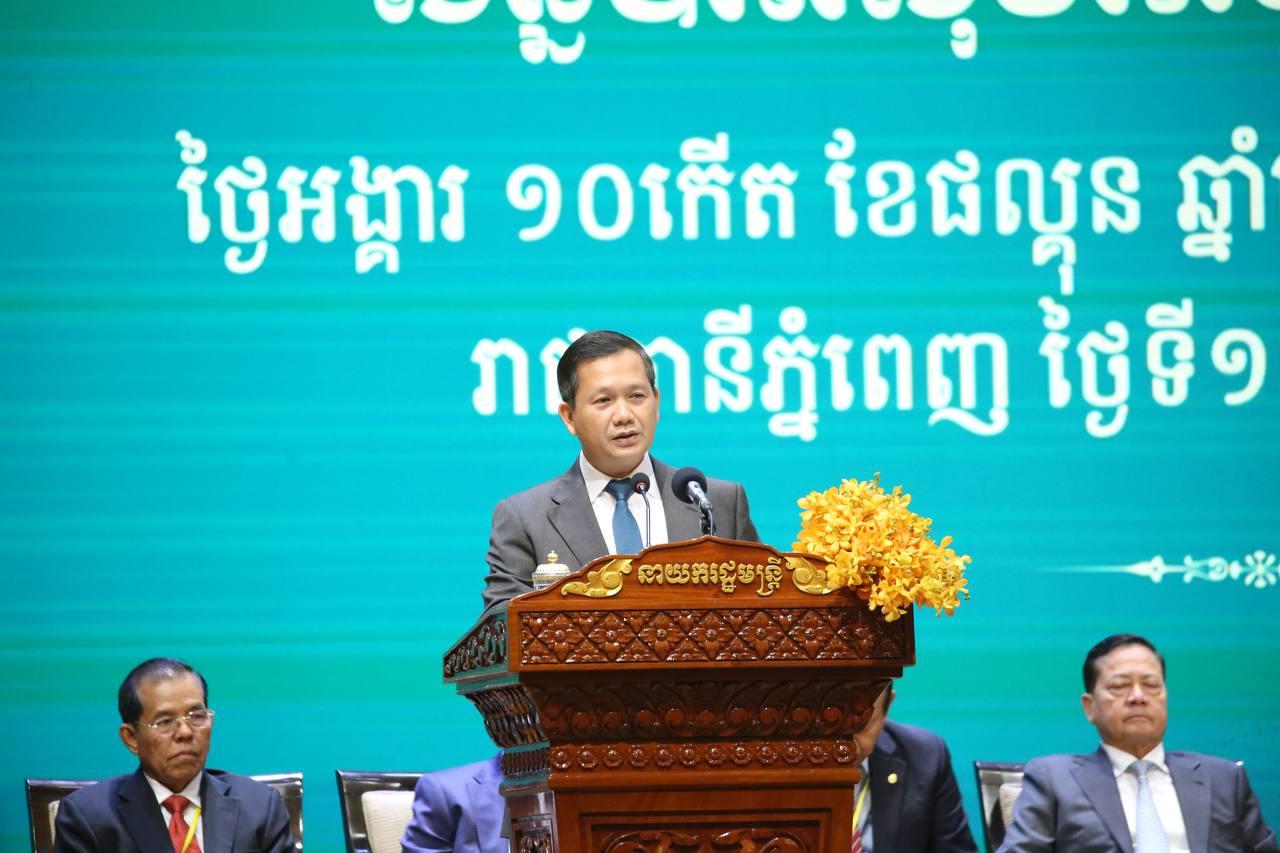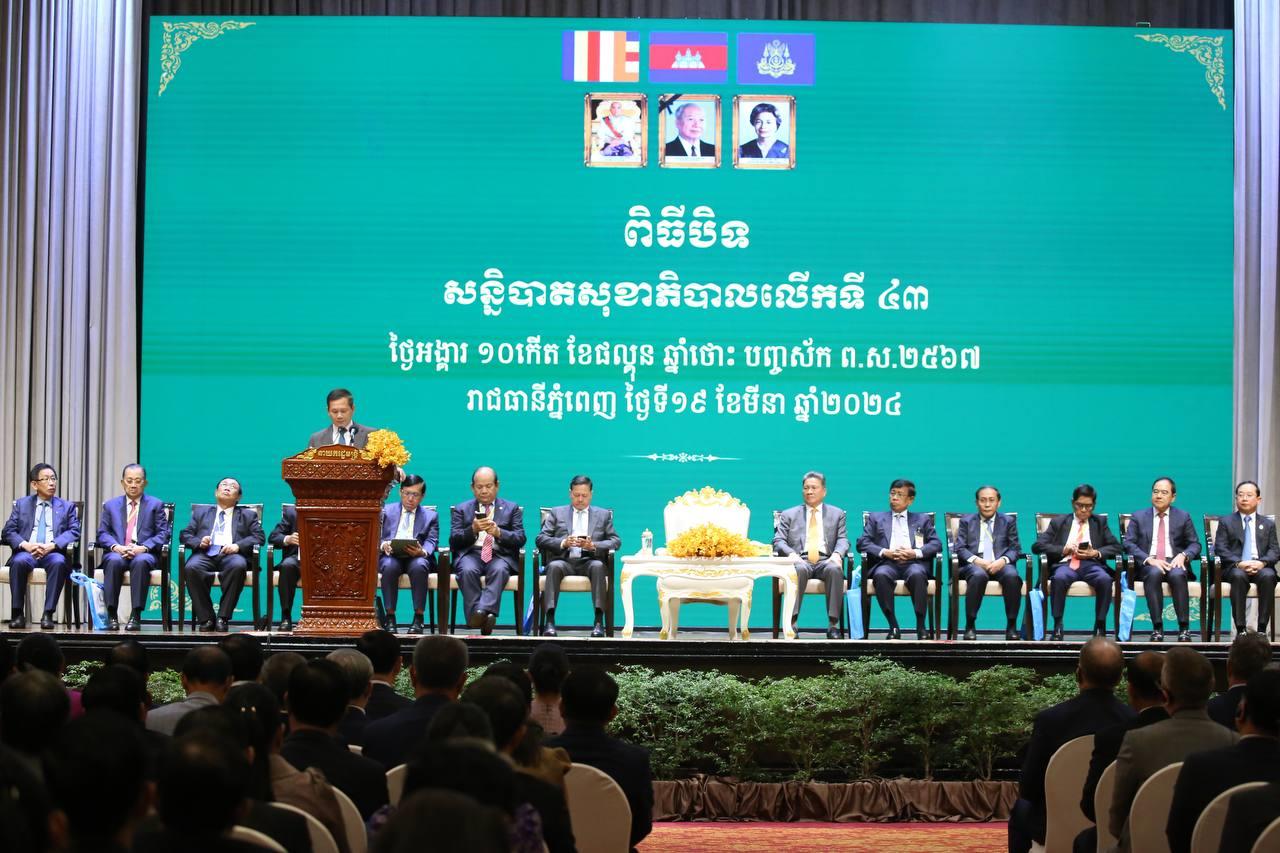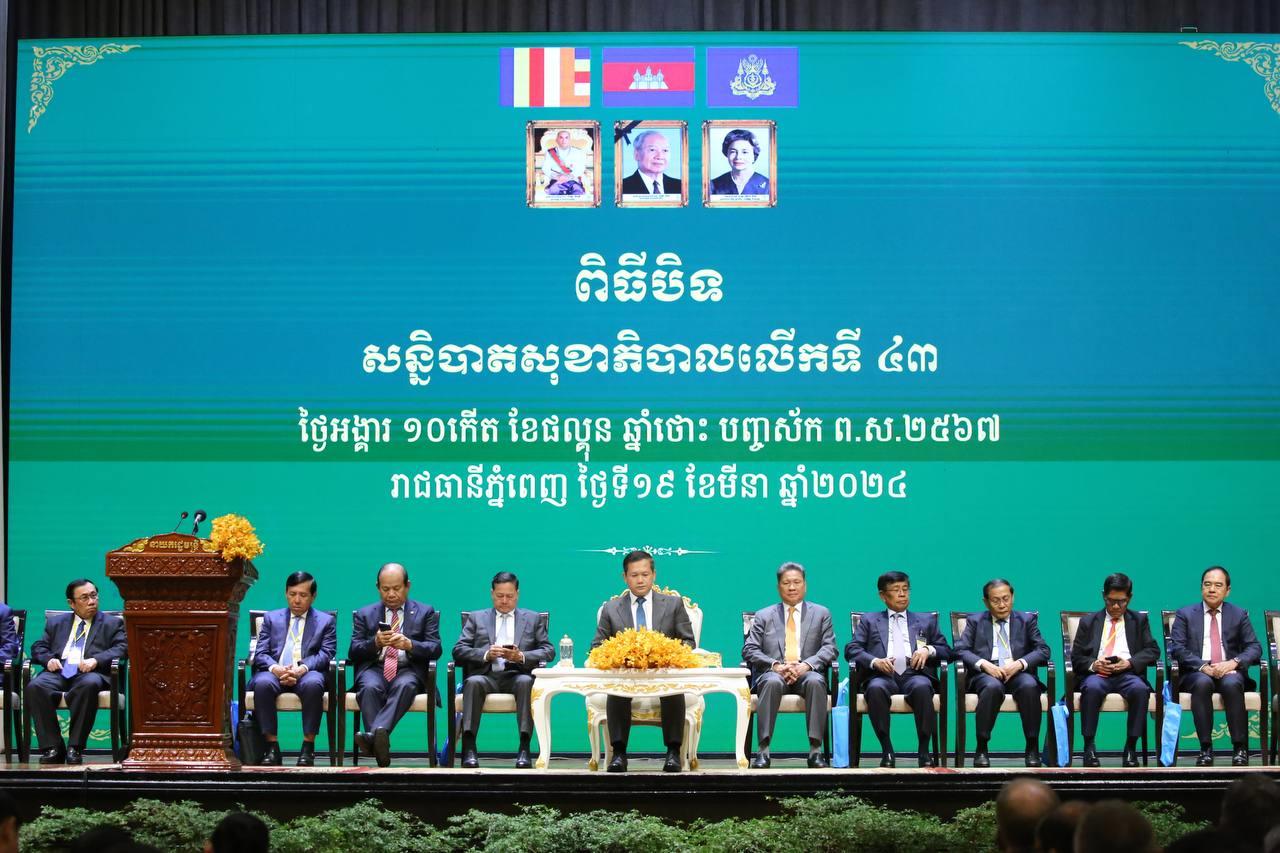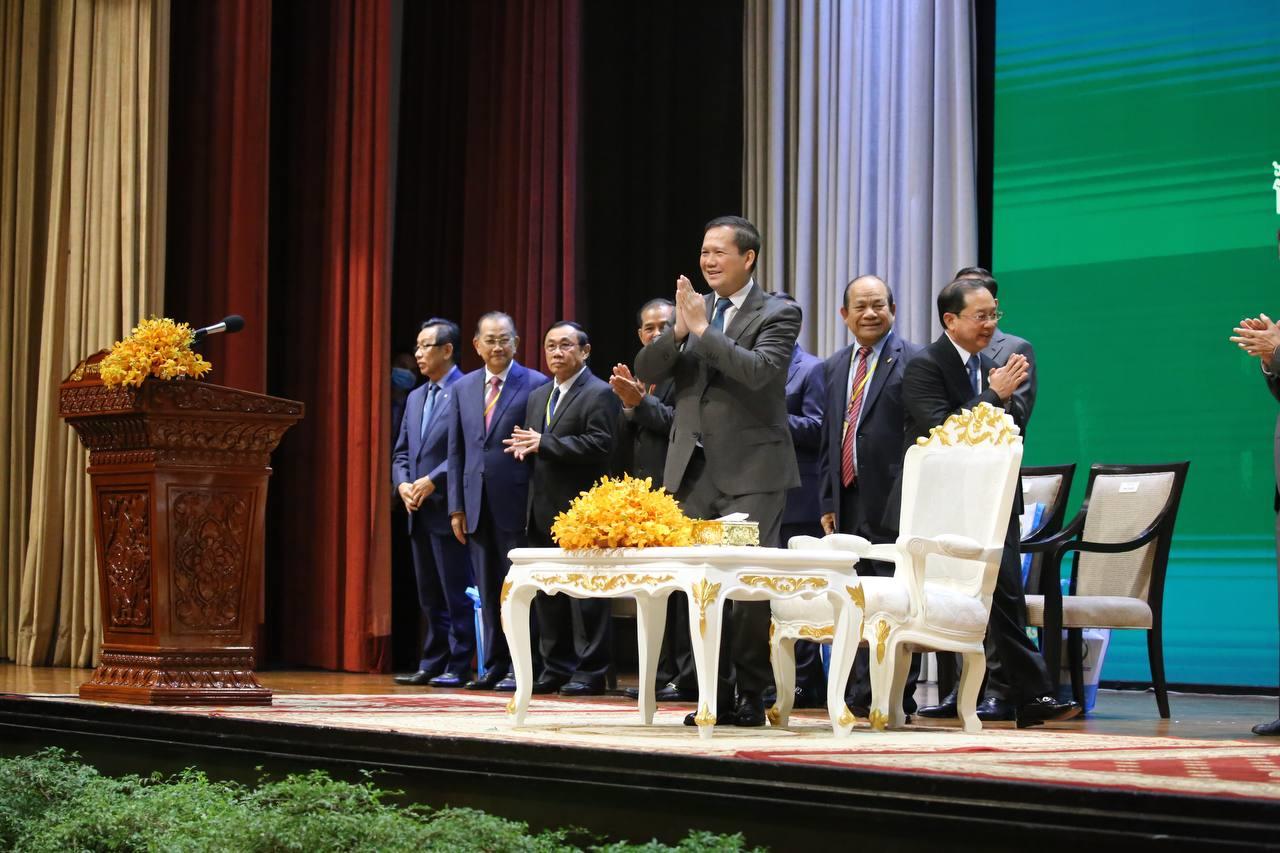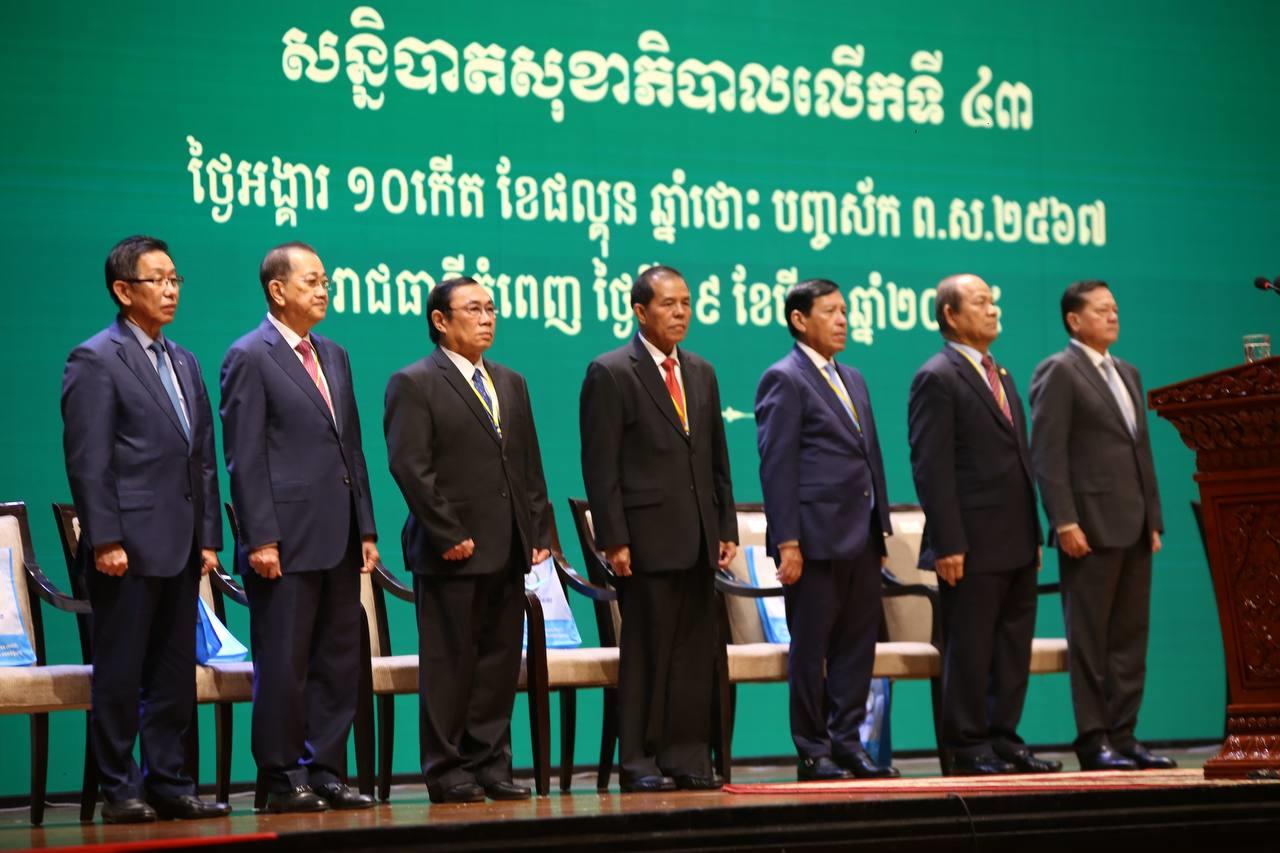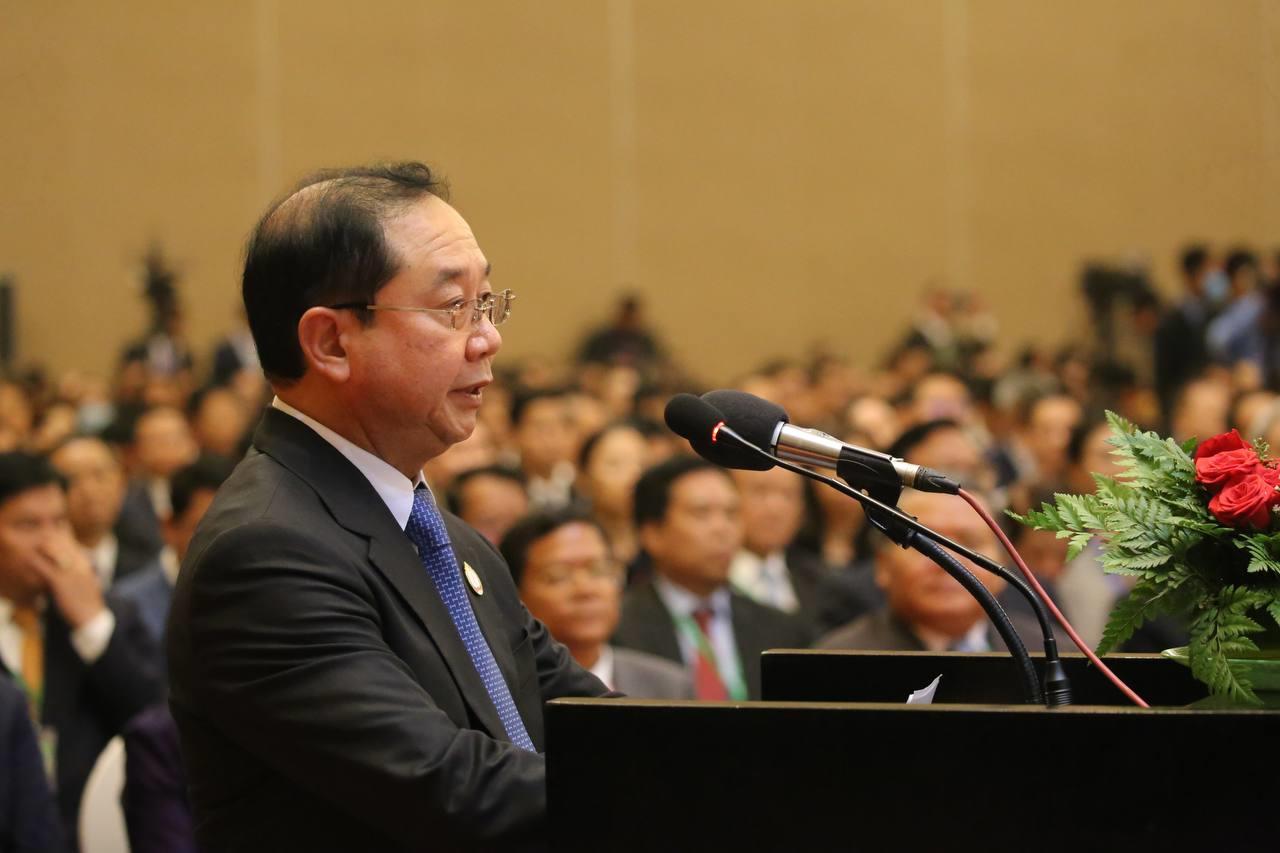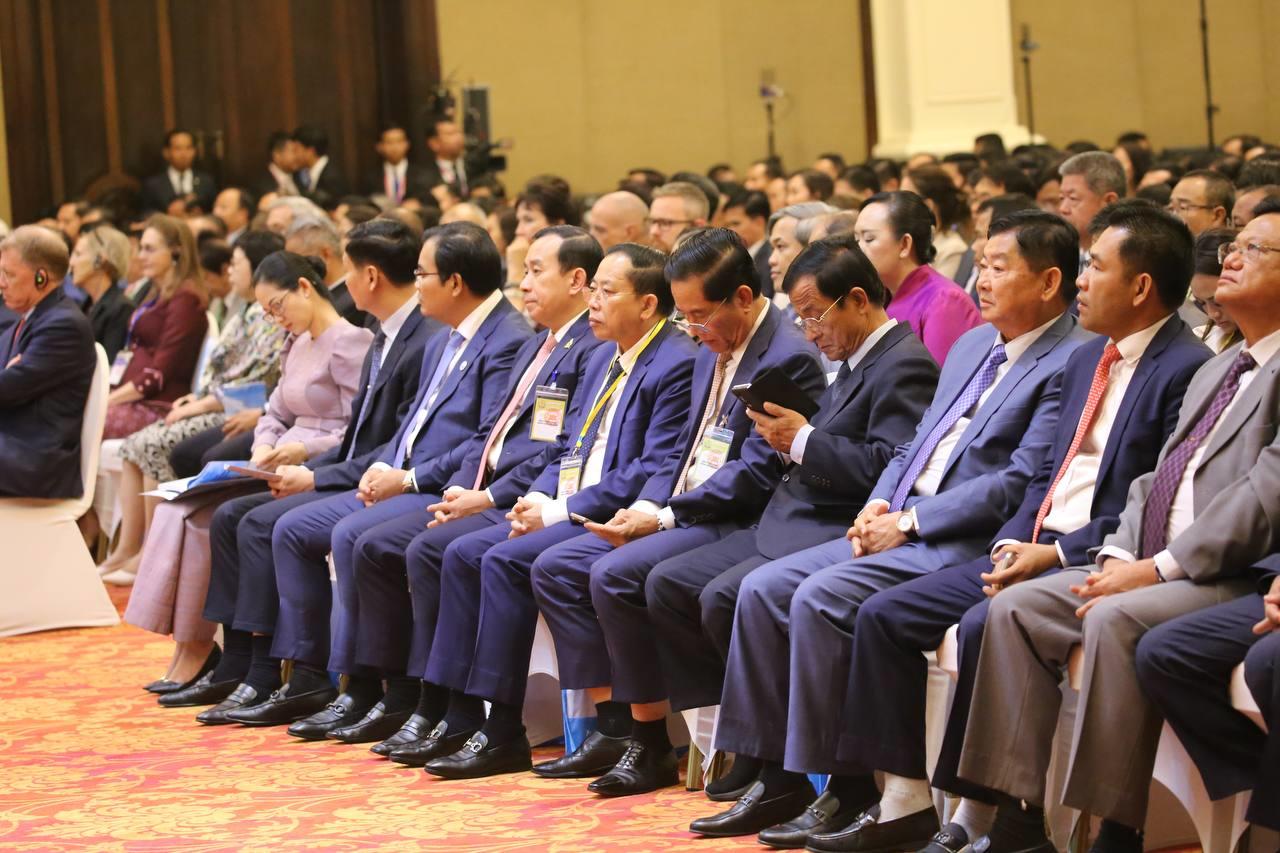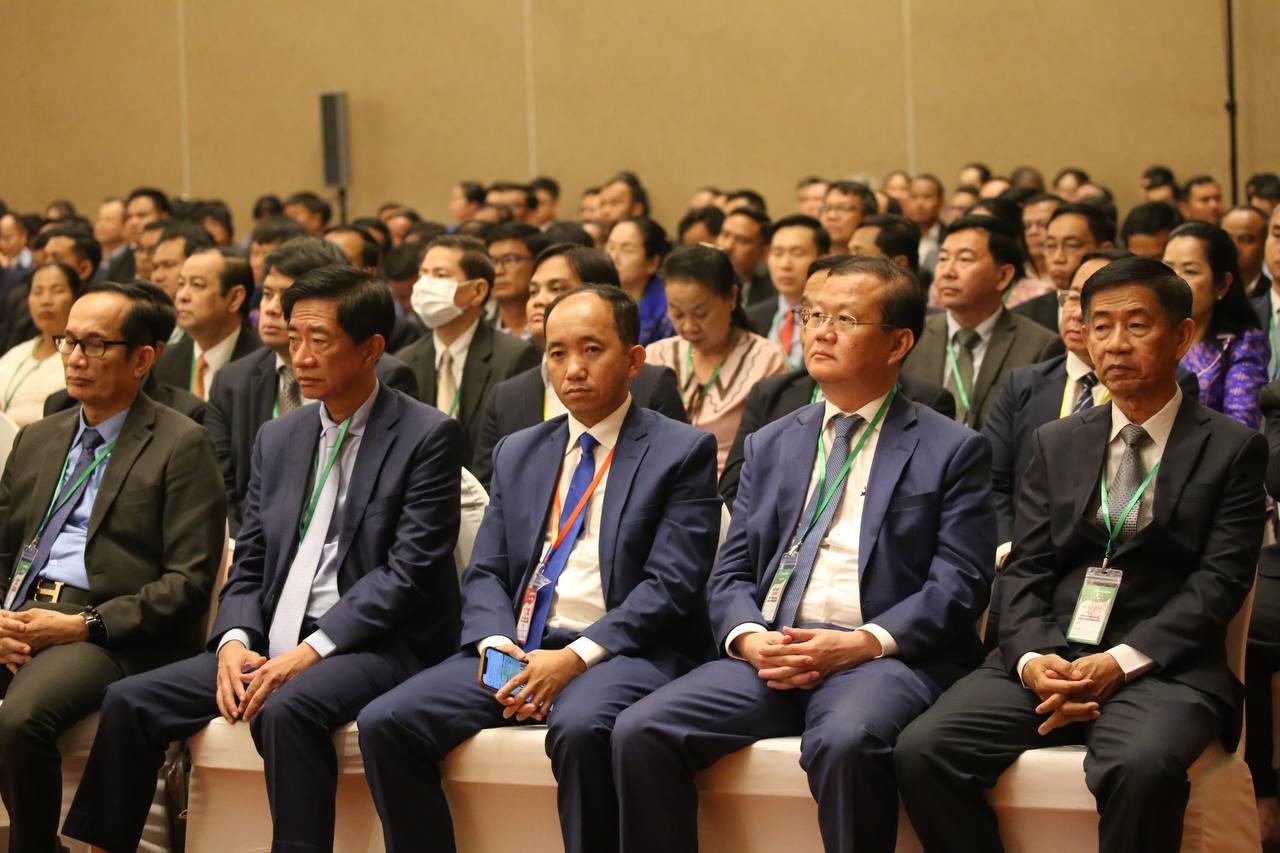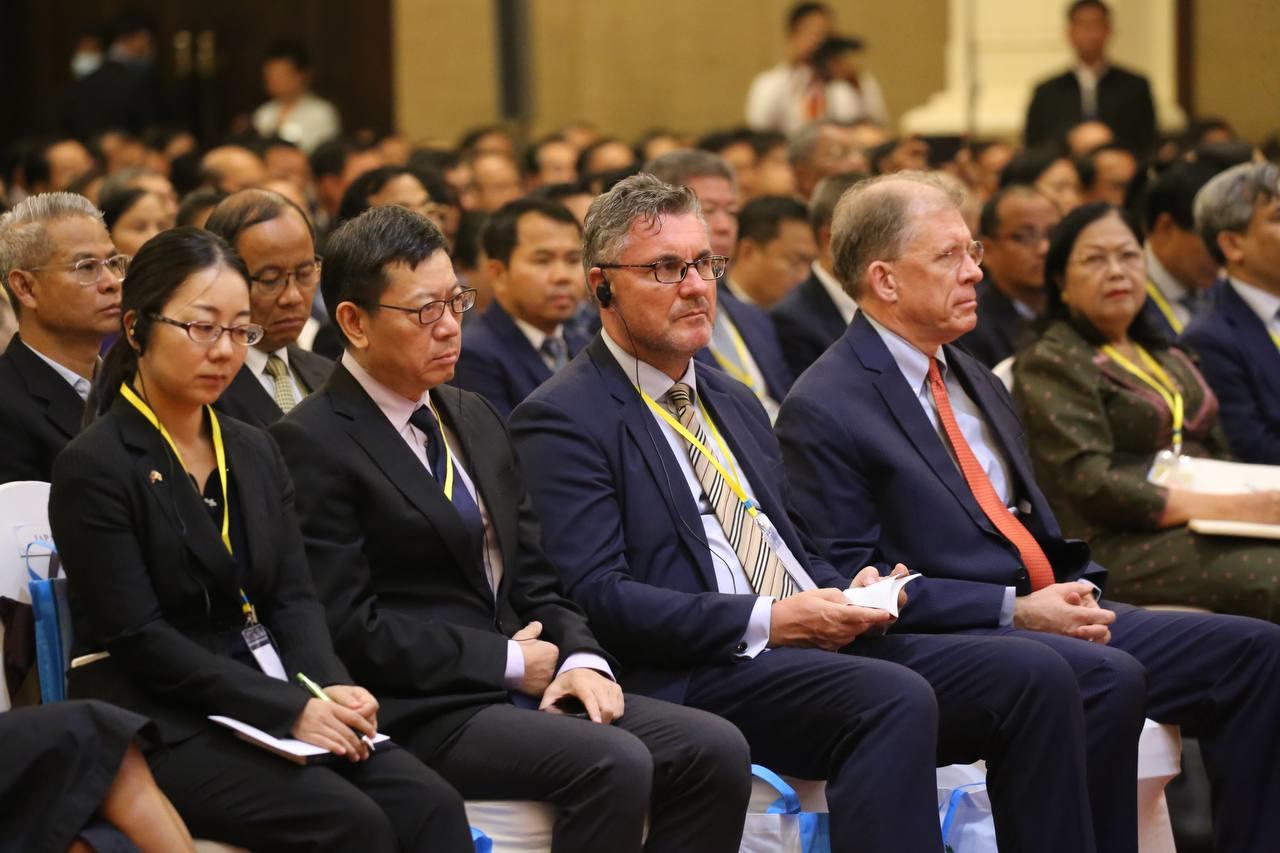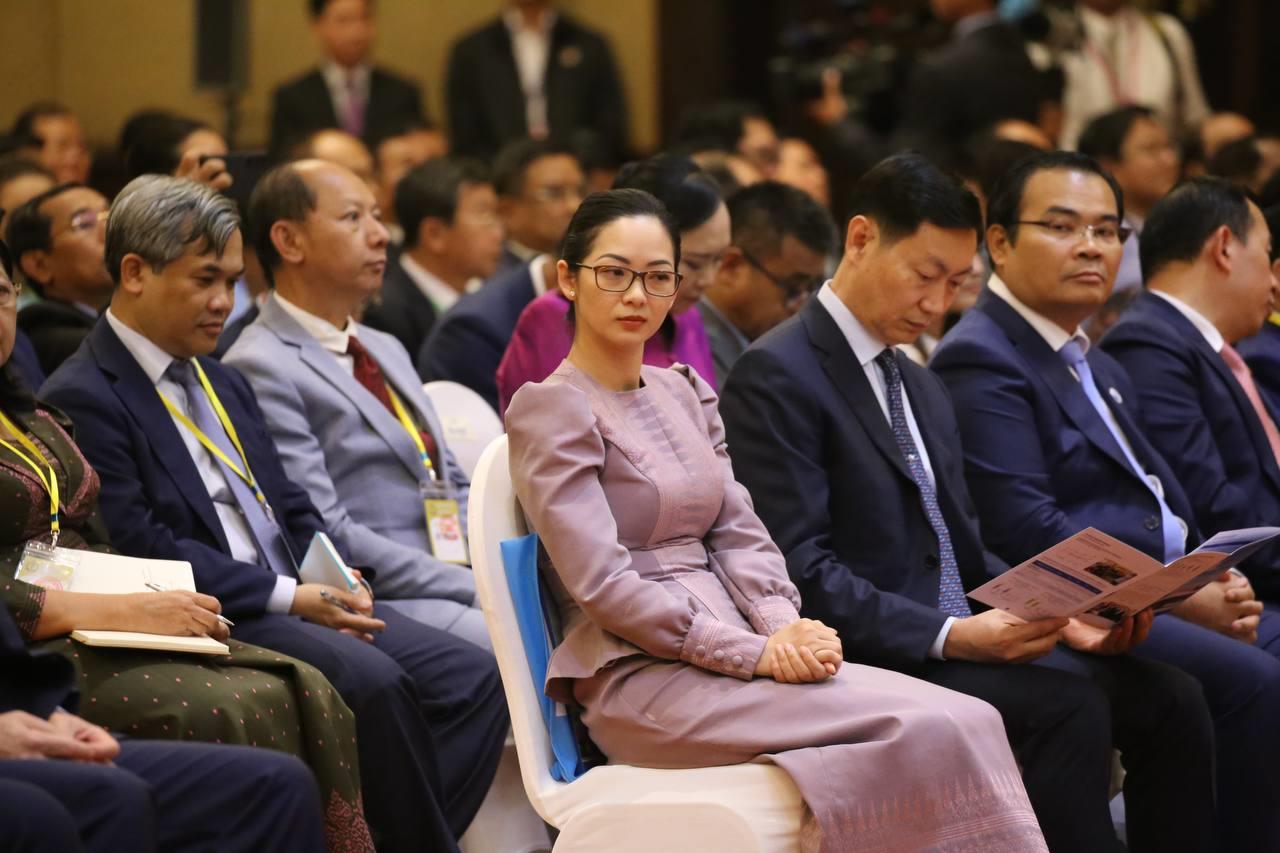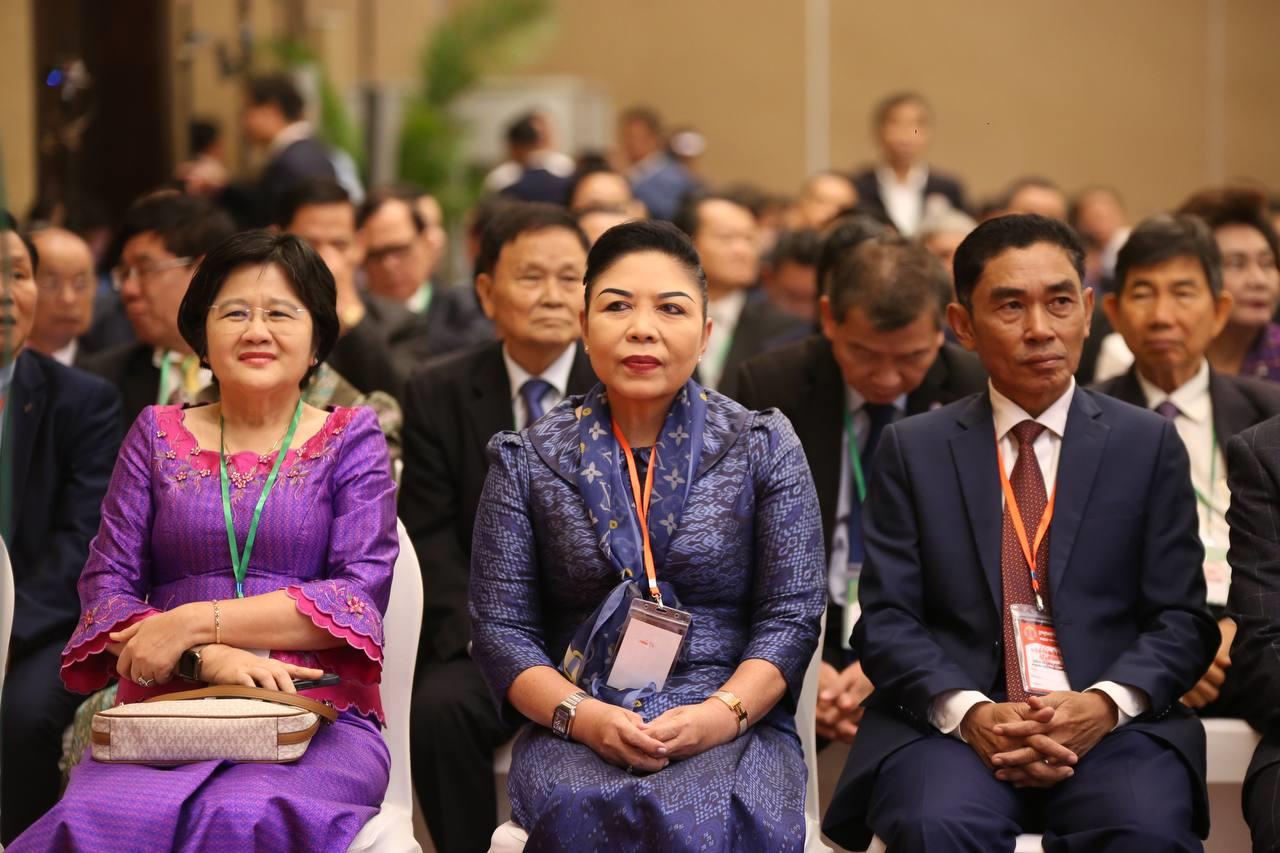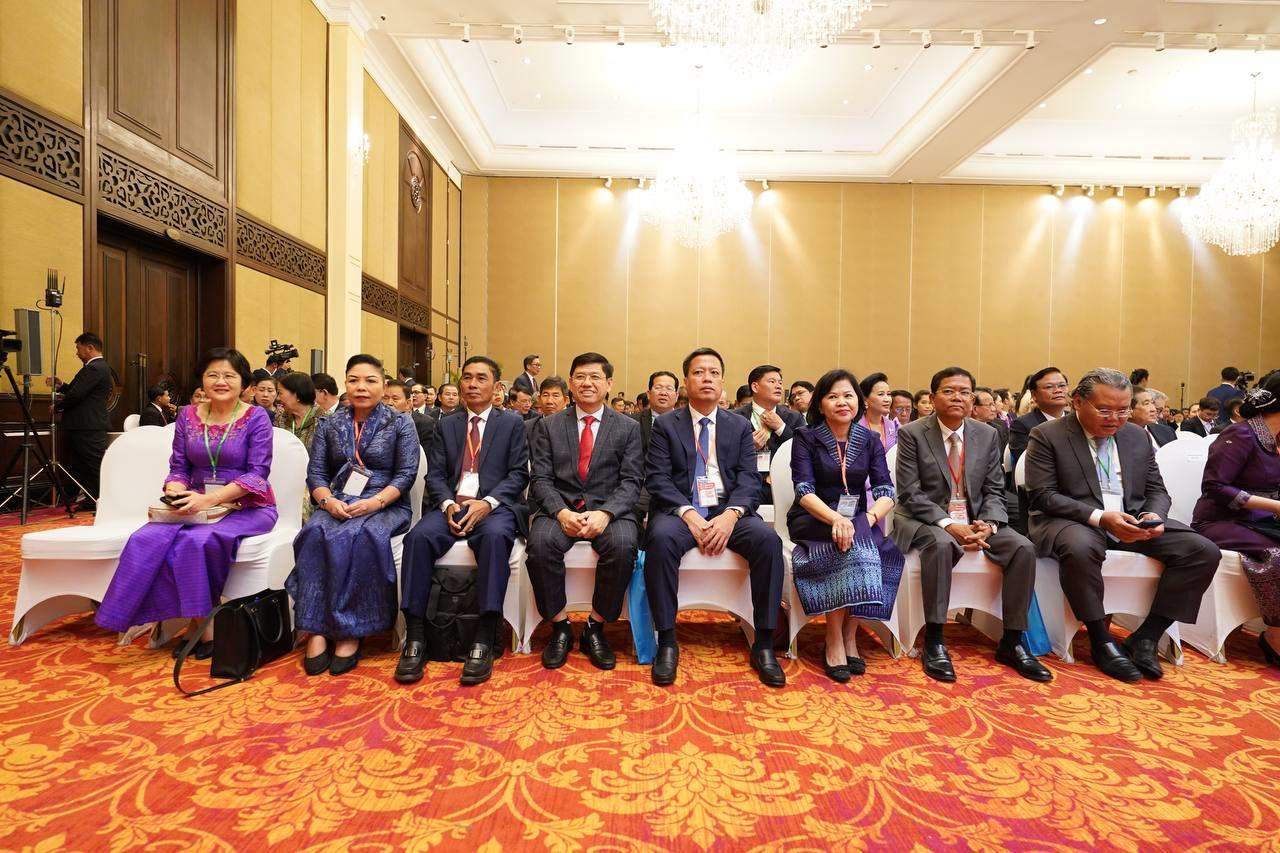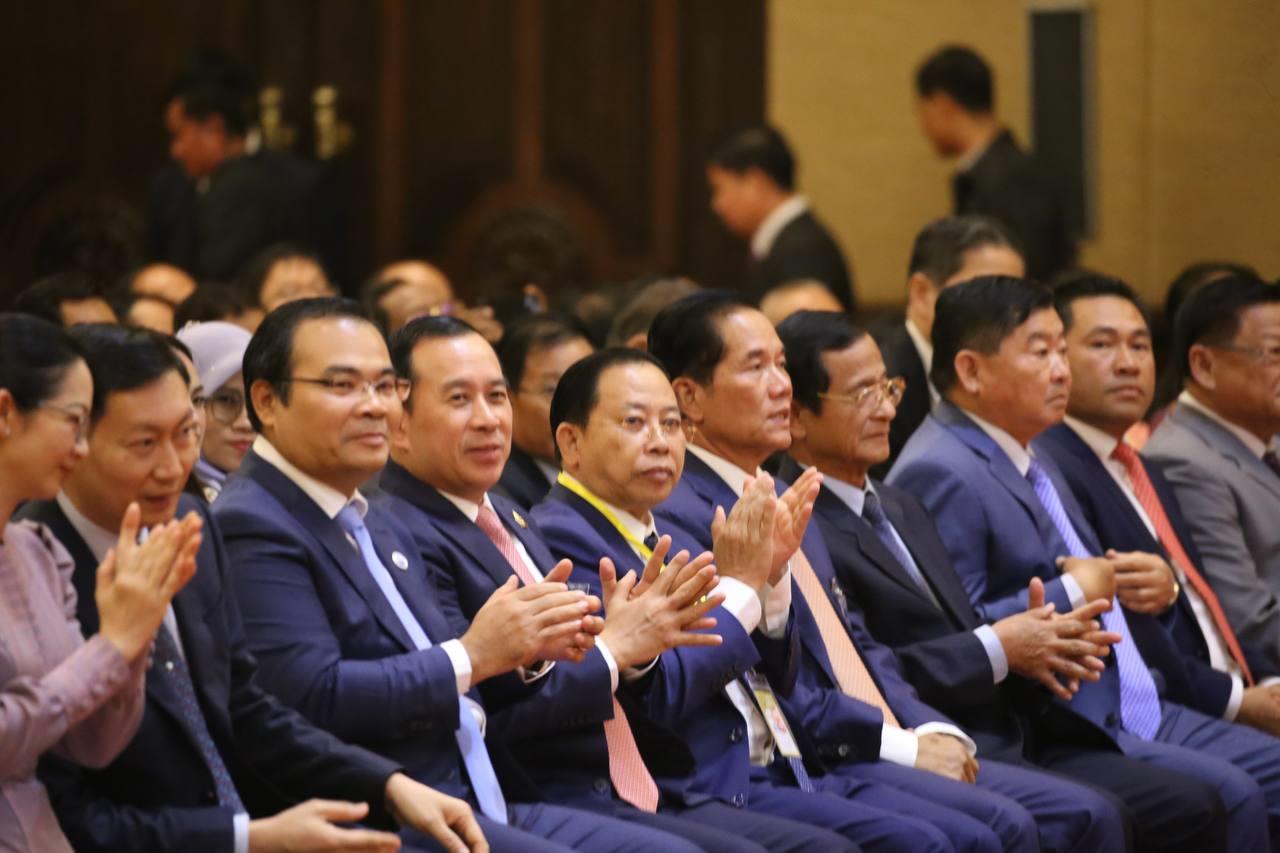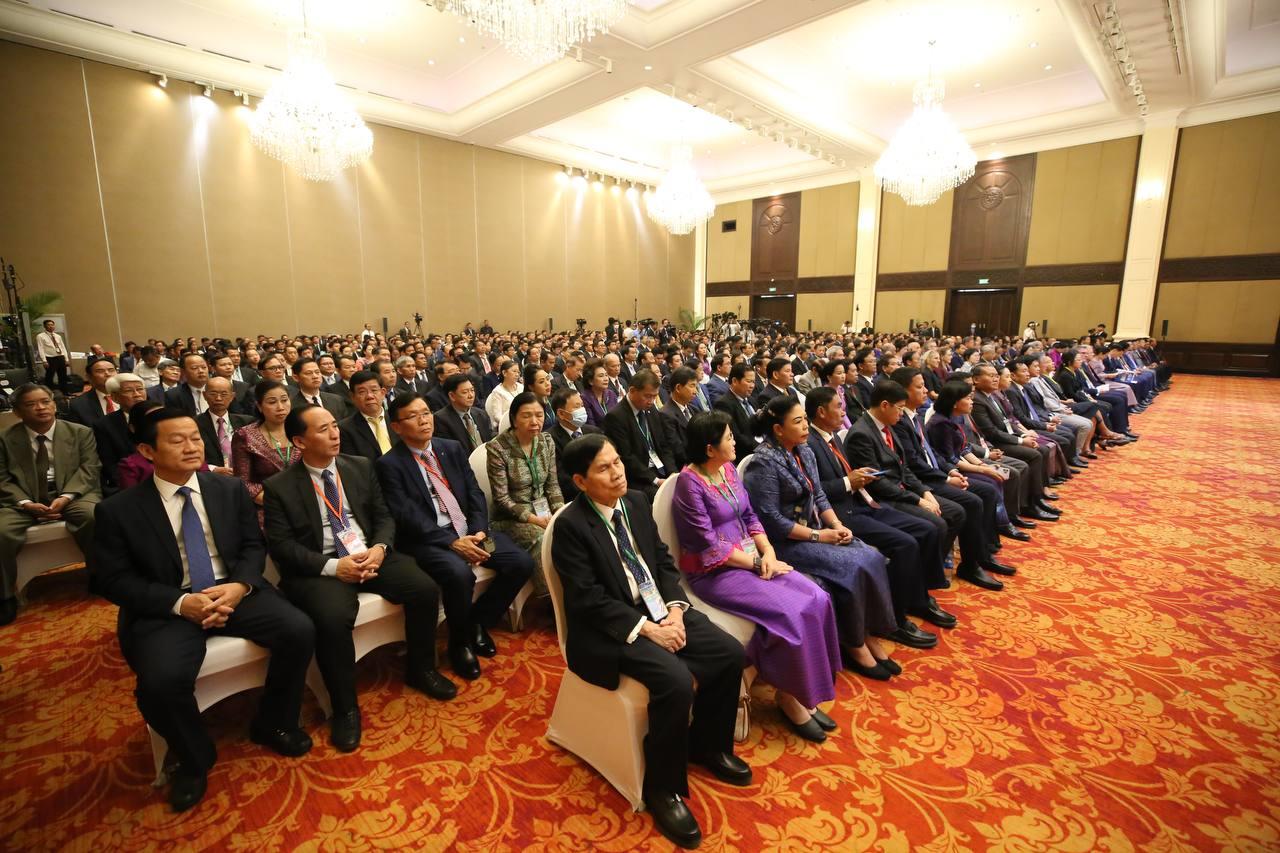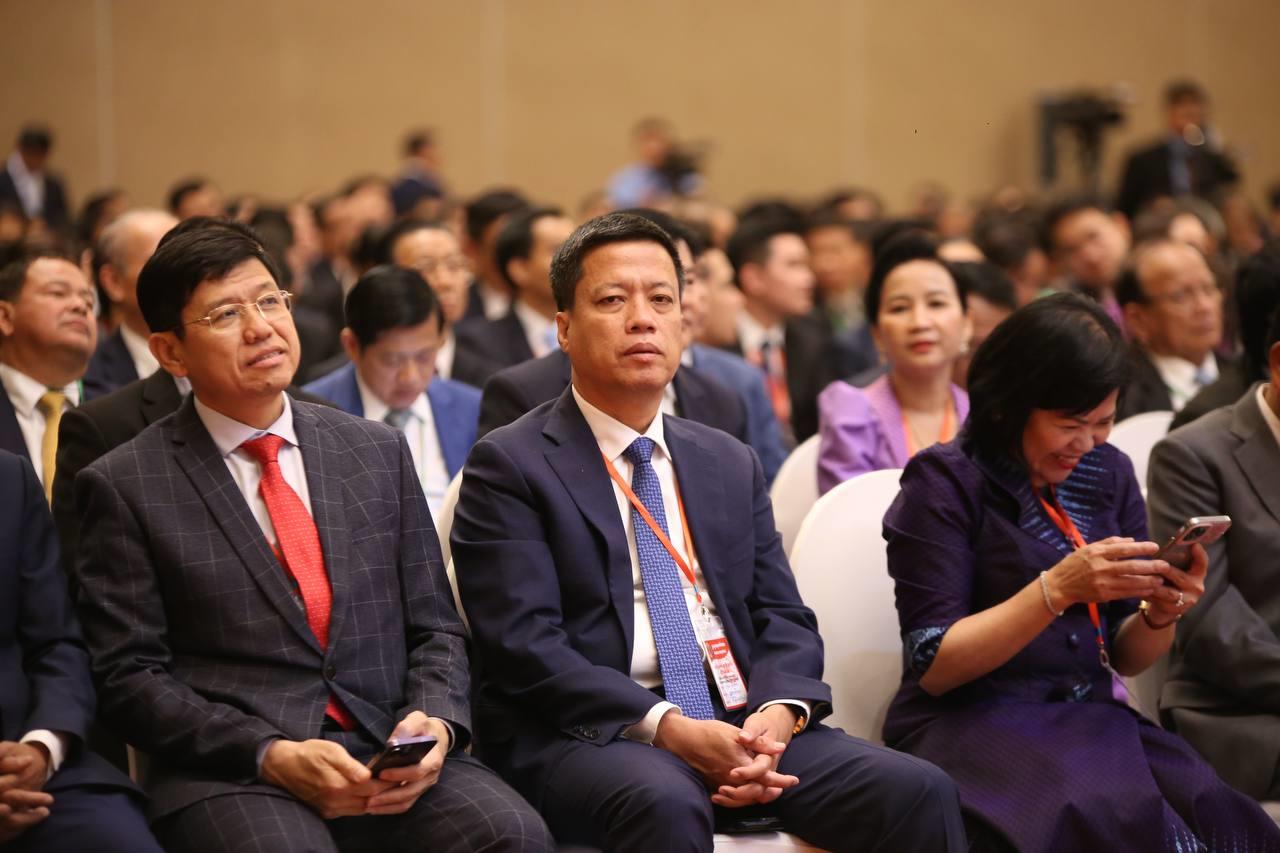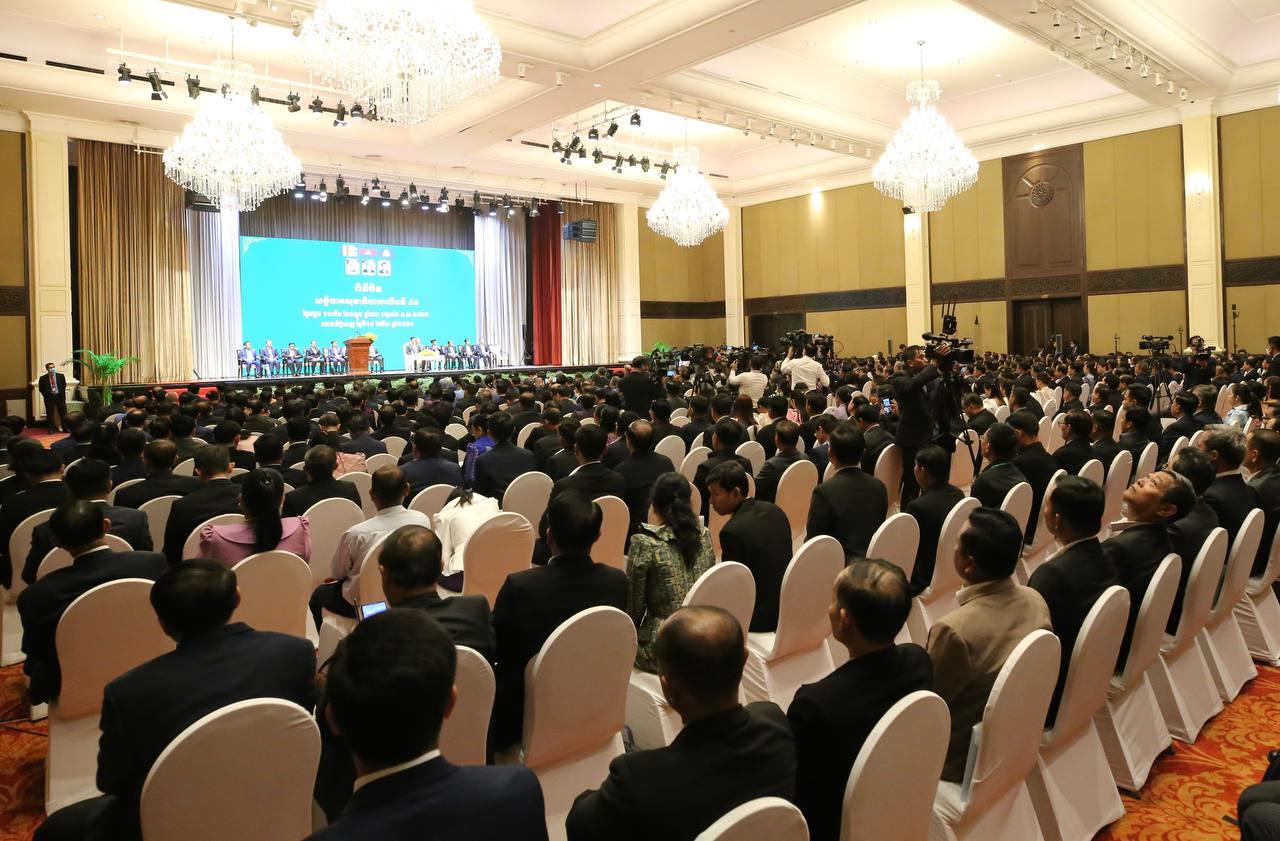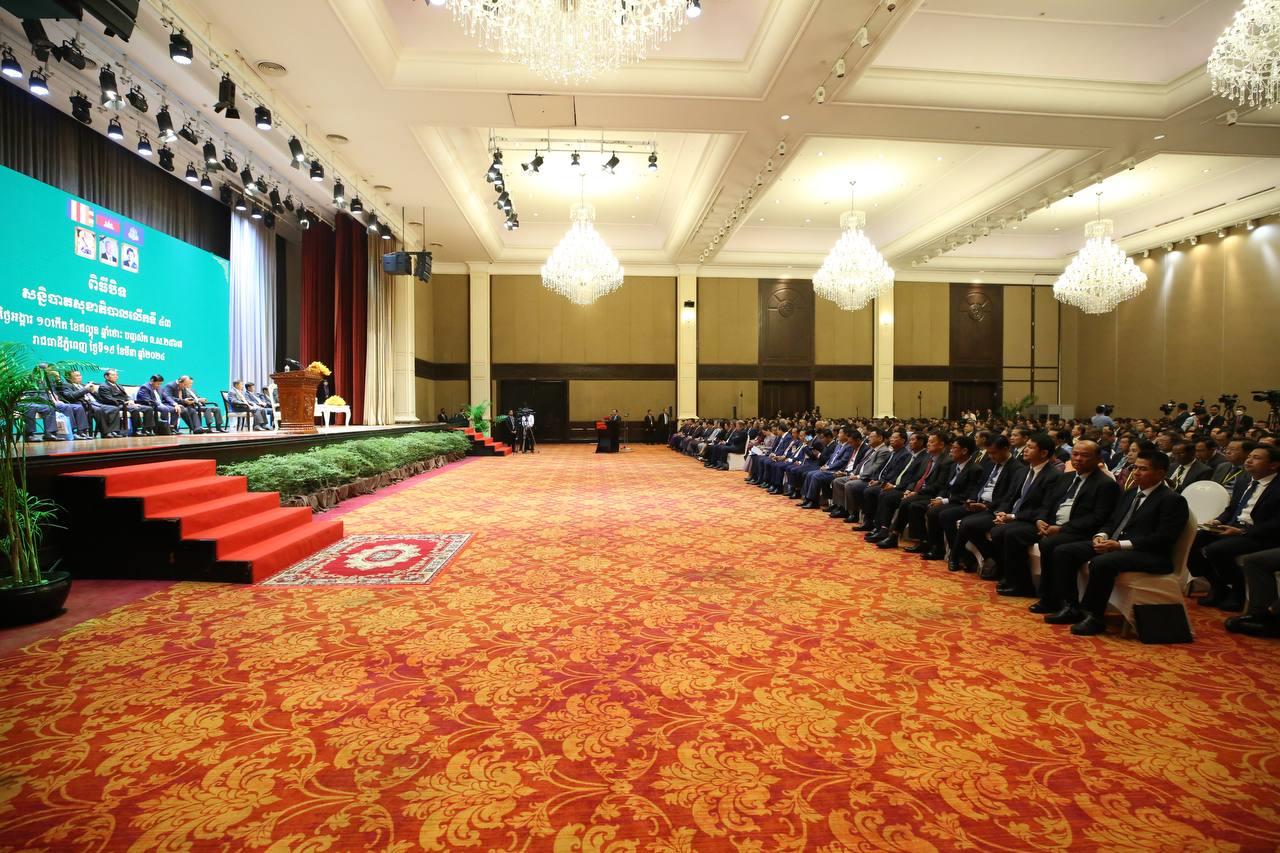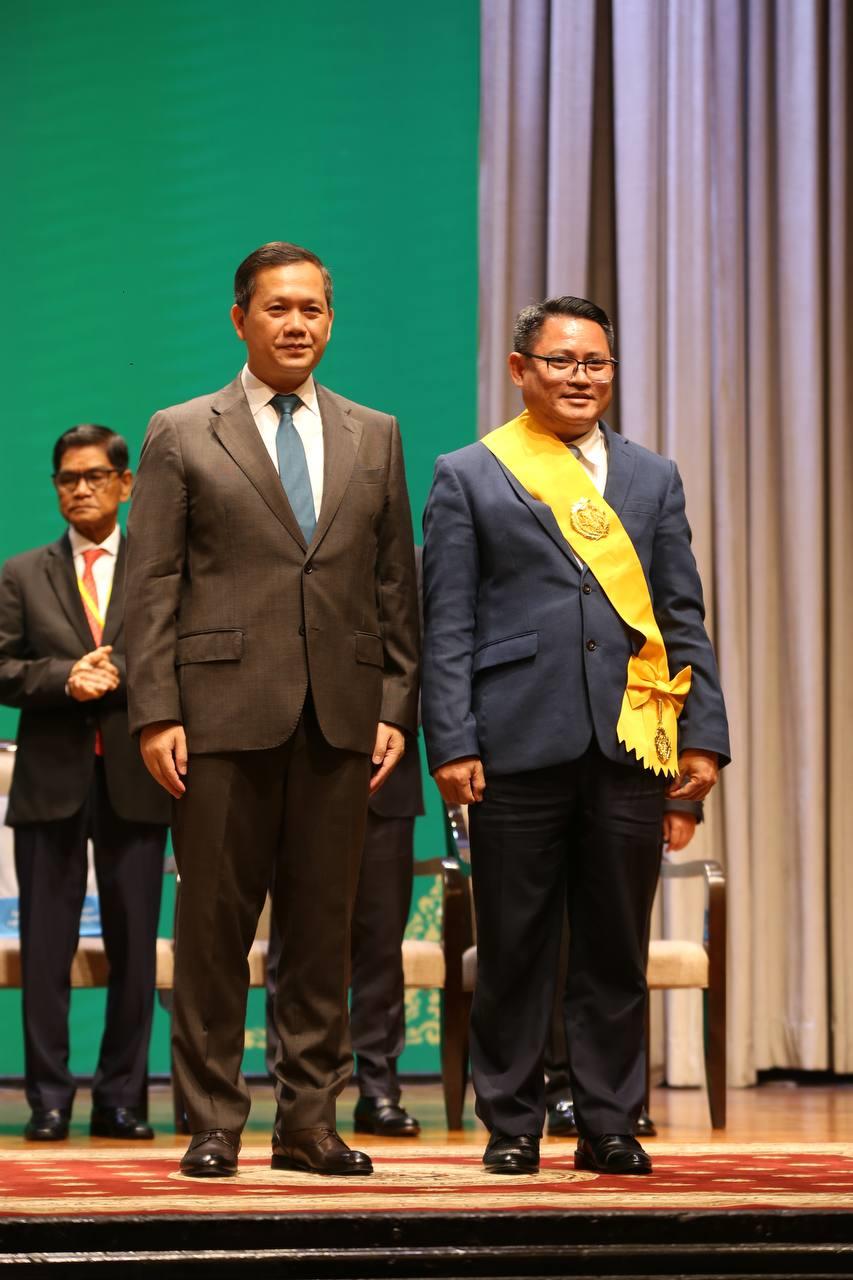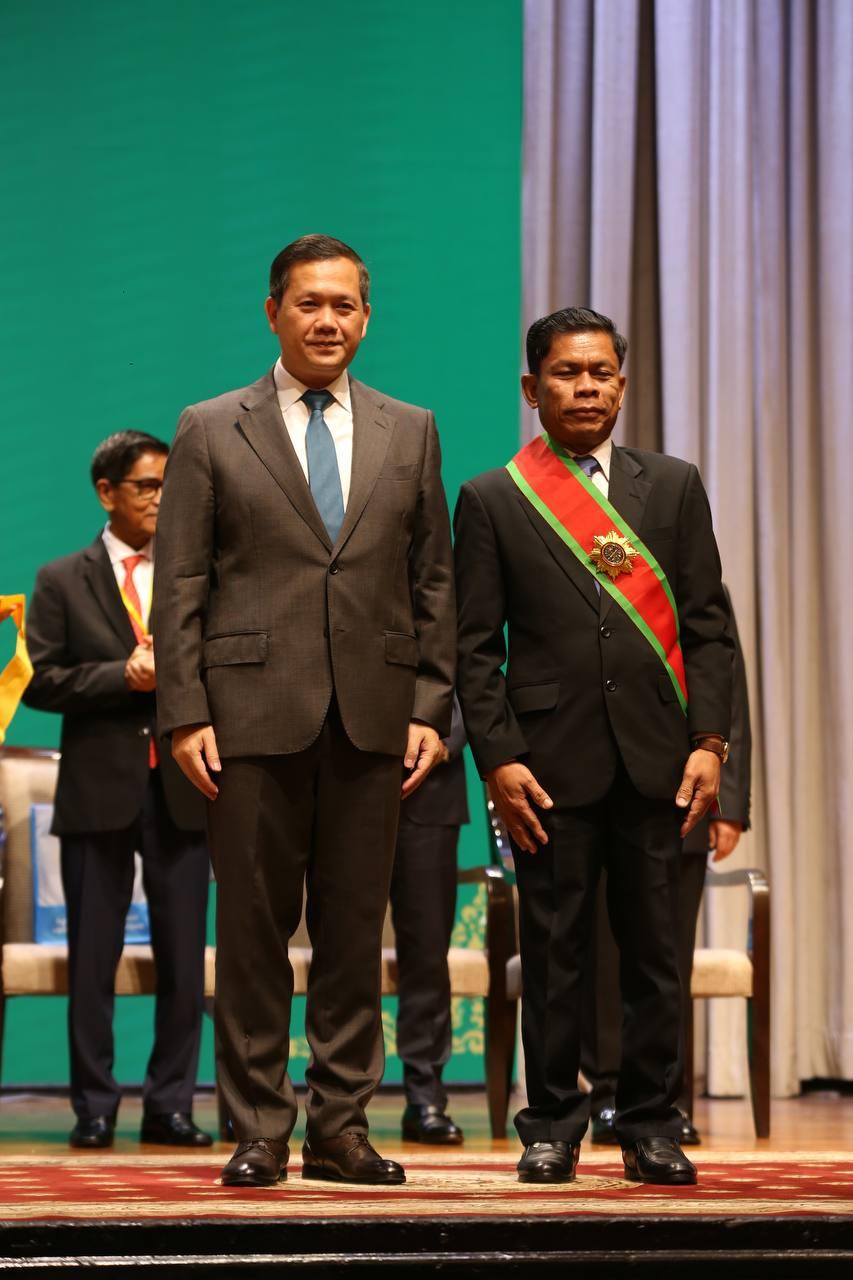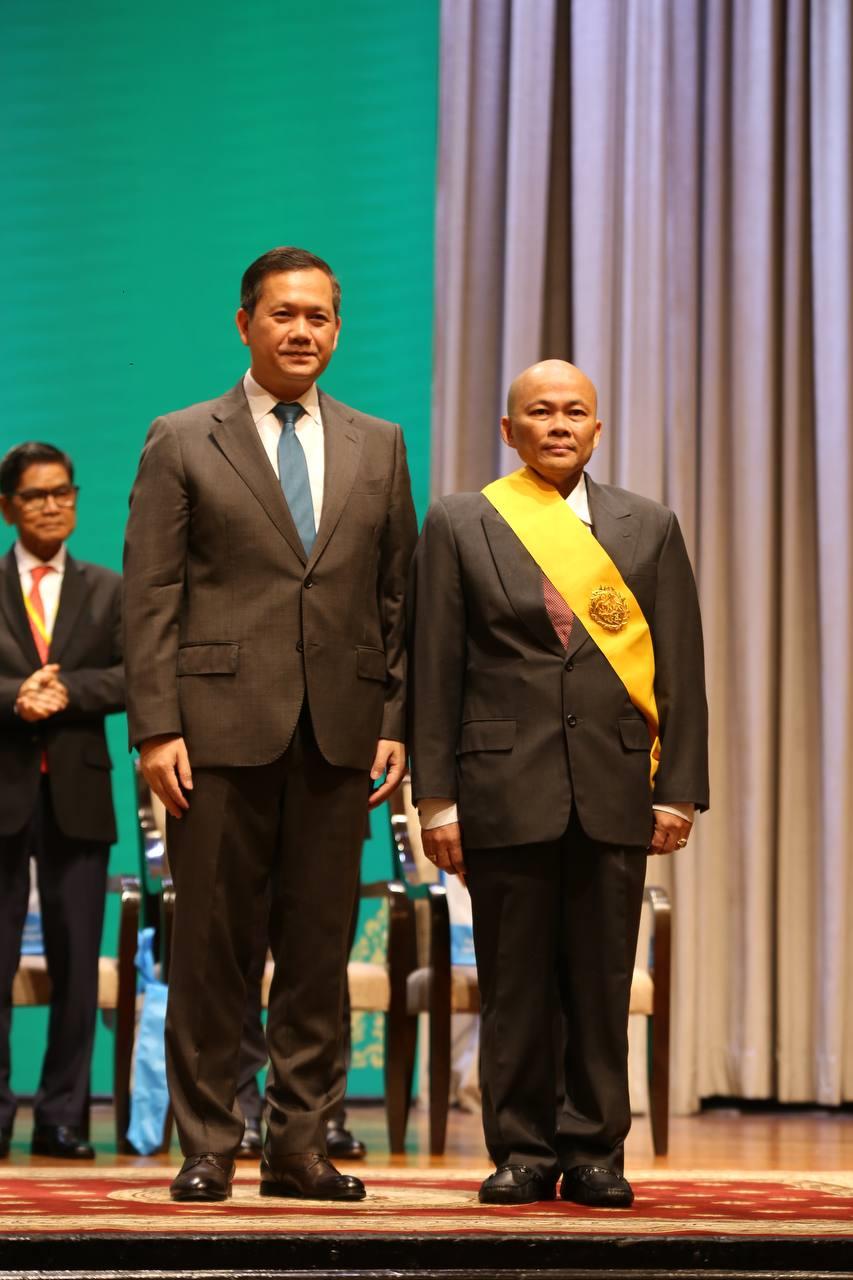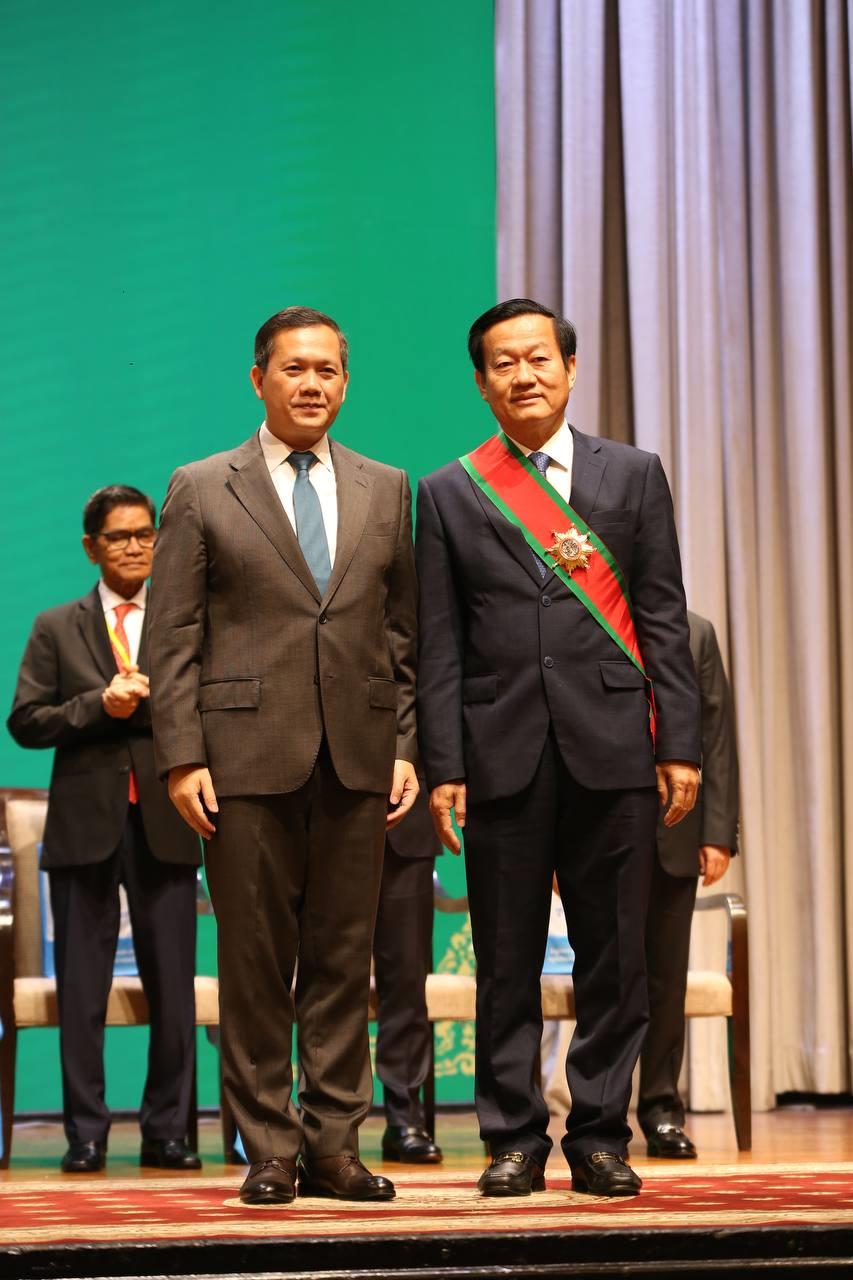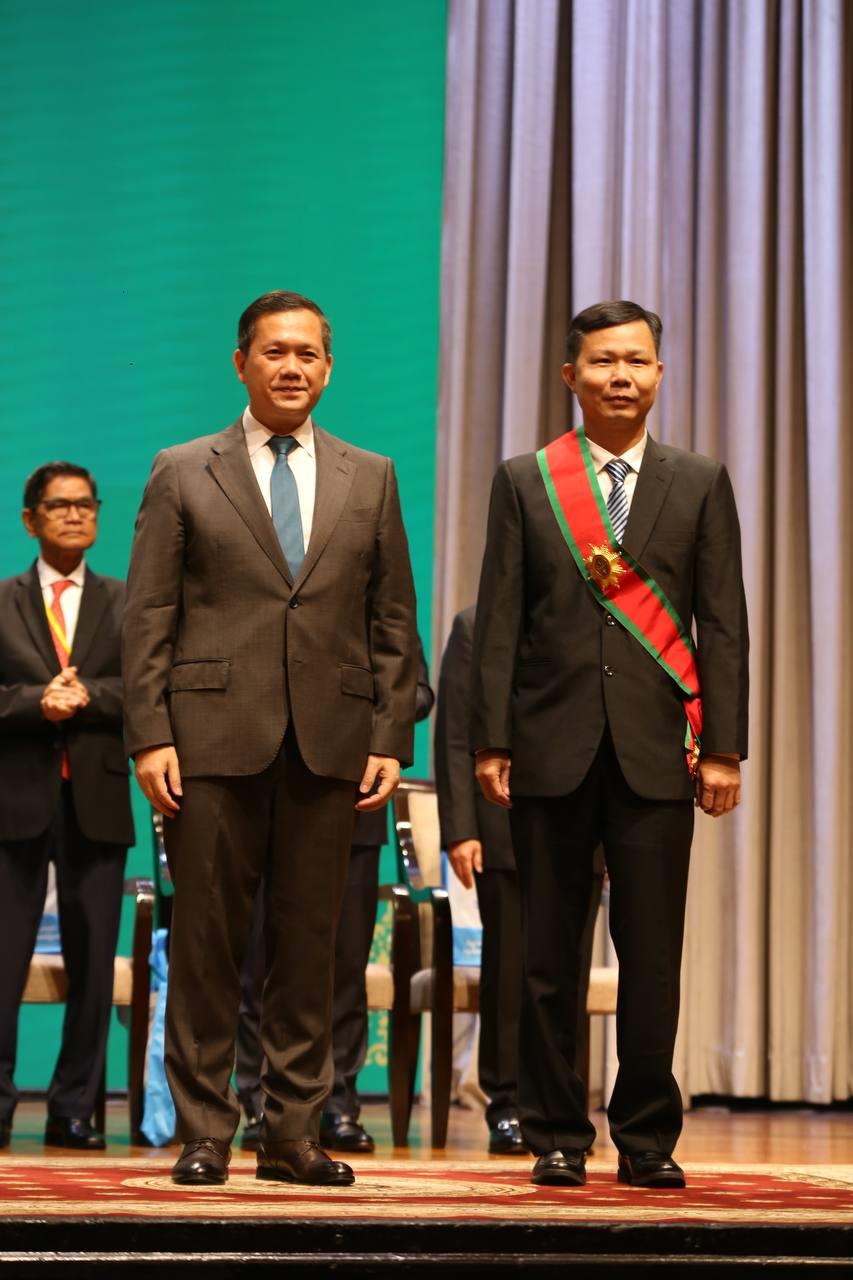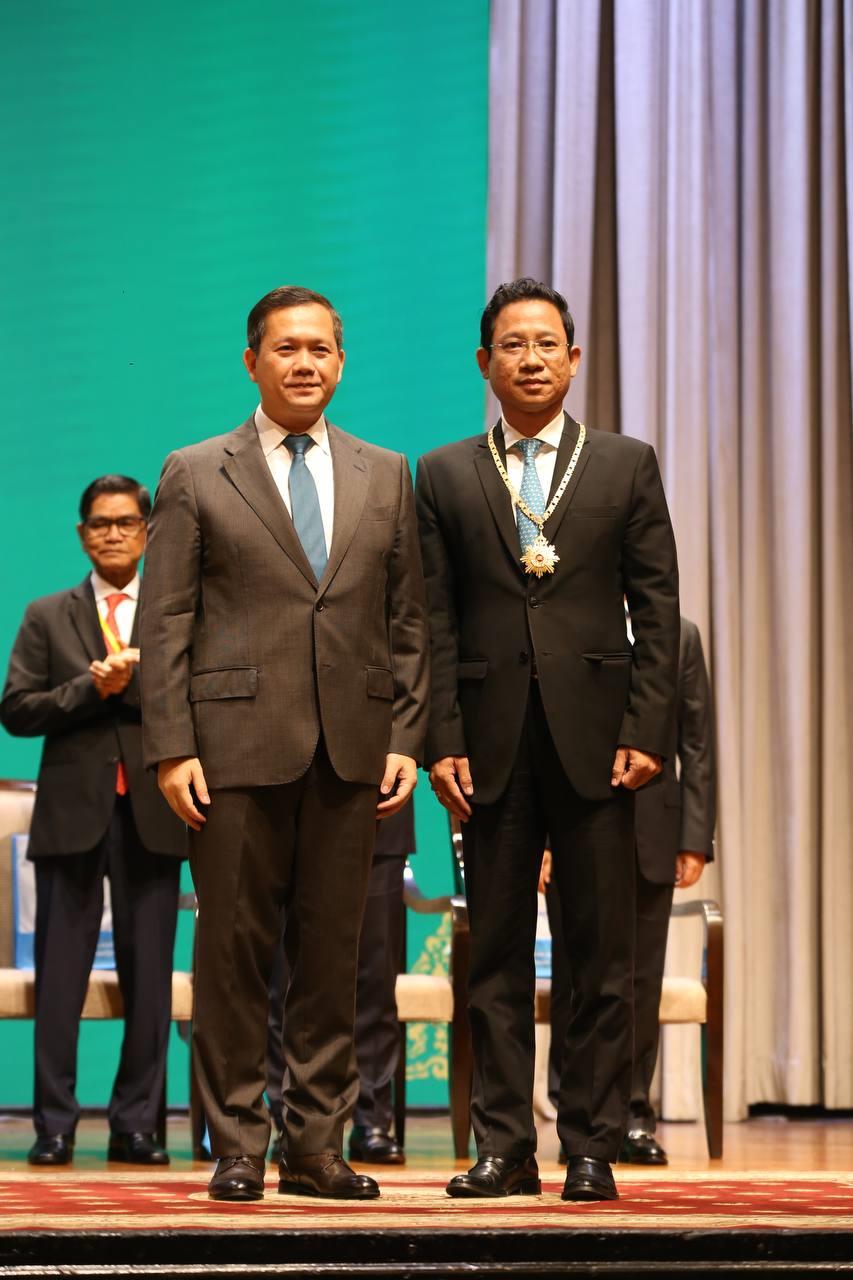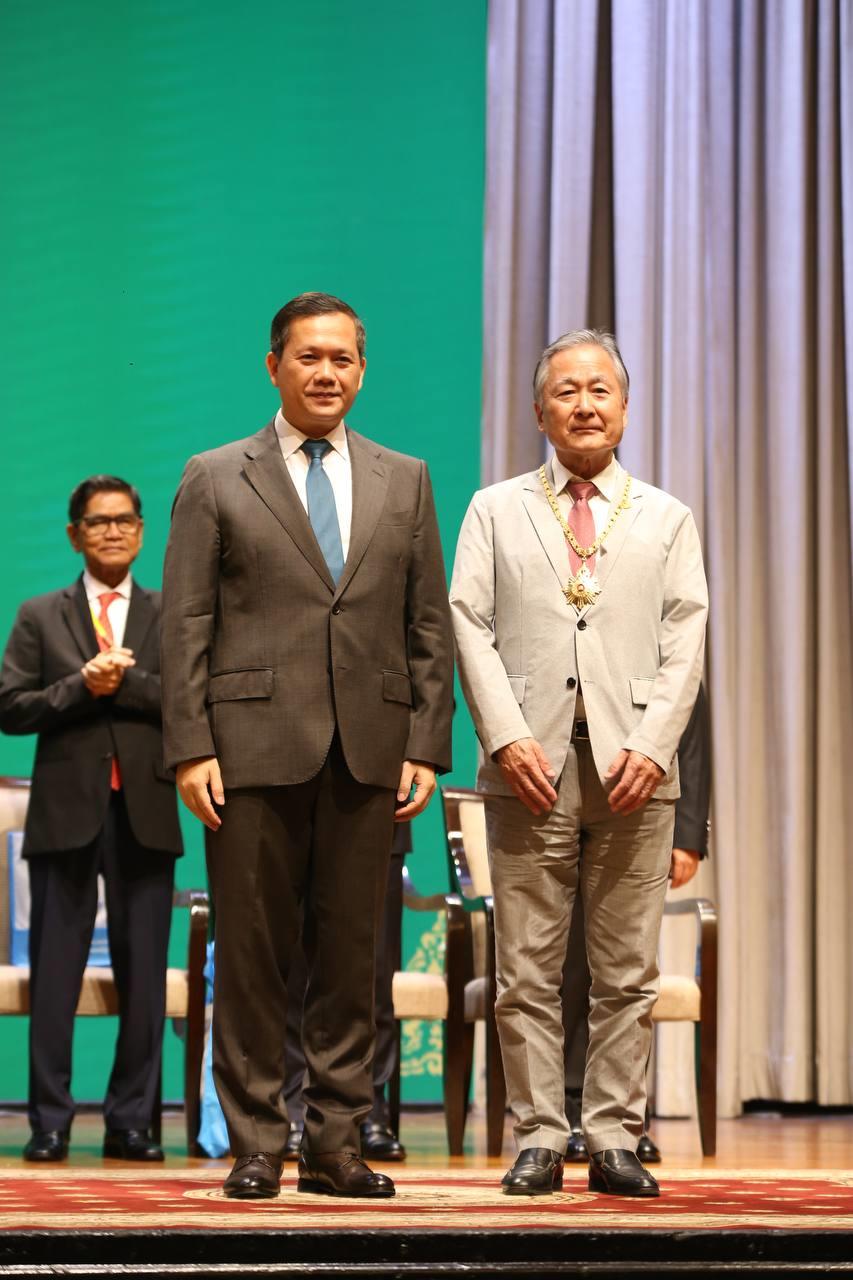Phnom Penh (FN), Mar. 19 – Cambodian Prime Minister Hun Manet gave eight recommendations to enhance health sector, speaking on Tuesday (Mar. 19) during the closing 2023 annual meeting of the Ministry of Health at Sofitel Phnom Penh Phokeethra.
The eight recommendations are as follows:
First, based on a comprehensive functional analysis, the Ministry of Health must continue to review and adjust its role and restructure both the Ministry and health units to align with the latest developments in the public administration reform process. Simultaneously, the Ministry must continue to foster the development and innovation the capacities of institutions and health units through specific skills and leadership training, aiming to ensure greater efficiency of the institution's functional processes in response to the evolving health needs of the population, as well as trends in healthcare unit management reform and Deconcentration and Decentralization Reforms.
Second, the Ministry of Health must continue to transform health professional training programs, systems, and teaching methods for both basic and continuous training by adopting a realistic approach that underlines the development of concrete knowledge and skills, as well as multiskilling, while cultivating a culture of ethical practice. Furthermore, the ministry must strengthen the governance mechanisms and quality regulations of health professional training across both public and private sectors, laying the groundwork for the future institutionalization of a quality recognition system for health professional training institutions.
Third, the Health Professional Councils play an important role in enhancing the capacity of the healthcare system, both in the public and private sectors, and in supporting the Ministry of Health's efforts to build and develop highly competent, professional, and ethical human resources in the health sector, both presently and in the future. In this regard, the five Health Professional Councils namely, the Medical Council, Pharmacist Council, Dentist Council, Nurse Council, and Midwife Council must continue to develop and enhance the practice of health professional standards and ethics, facilitate health professionals' registration and licensing processes, and participate in developing the basic training program, continuous training, and innovation and pathways within the health profession.
Fourth, the Ministry of Health must continue to promote the digital transformation of healthcare, aiming to transform the healthcare service into people-centred services, through compatible and effective adoption, adaptation, and utilization of digital technology, in collaboration with the Ministry of Post and Telecommunications to develop a digital health ecology that operates efficiently and effectively.
Fifth, capital and provincial administrations must continue to promote the management and provision function of health services, aligning them more consistently with legal documents. Concurrently, the ministry must bolster the efficiency of allocating and retaining general practitioners and technical staff, in line with the actual needs of healthcare services, by prioritising health posts, health centres, and district referral hospitals. Additionally, the ministry must utilize a more rationalized approach in budget allocation and expense prioritization, supporting the expansion of healthcare services, improving service quality, enhancing physical infrastructure, and maintaining medical facilities.
Sixth, relevant ministries and institutions shall collaborate with the Ministry of Health in disseminating health education messages through reliable media and social media, as well as appropriate events or business forums, to increase public awareness and attention to disease prevention and health risks.
Seventh, the Ministry of Health and relevant ministries and institutions, following the principle of good governance and maintaining the interests of public health and businesses, must promote ethical participation from both the public and private sectors in developing the digital healthcare ecology, the utilization of medical technology and digital healthcare services, and innovation in service quality; particularly, in increasing educational activities for health promotion, disease prevention, and health risks.
Eighth, urging all health officers, including doctors, general practitioners, nurses, and healthcare personnel, to prioritize saving lives above all else as the core and professional function of doctors, general practitioners, nurses, and healthcare personnel is to save people's lives by providing health treatment with high professional ethics, respect, and care for patients, and with the utmost purity of heart for those who receive health services.
=FRESH NEWS

